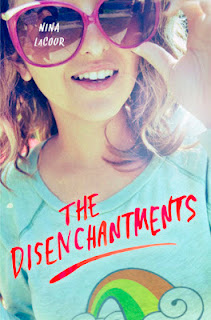Mark Twain and Nicola Tesla fans take note: Walter Jon Williams has a novella due out on Halloween about the friendship between the two and how Samuel Clemens came to believe that Tesla presented a threat of science fiction proportions to planet earth. At 120 pages The Boolean Gate is a smooth, very enjoyable read that allows Clemens to meander in and out of thoughts on writing under a powerful (and world renowned) pseudonym and Tesla to be presented in all his wicked cool inventive best. Of course there is also the matter of a potential alien invasion and some body snatcher type activity but that is just icing on the cake. Williams has written the neatest of literary love letters - he brings Clemens alive as he struggled with the decisions he has made both personally and professionally and their impact on the death of his adult daughter Suzy and the desperate illness of his dear wife. He also gives us a manic Tesla, desperate to invent absolutely everything he can imagine and yet plagued with the business difficulties that would bring about the end of his career. This is Clemens and Tesla, talking about the future, pondering the possibilities and dreaming about futures that you and I still long for.
And it's also Tesla kind of falling into occasional stupors wherein he speaks bizarre and random things and sounds like he's possessed. (This would be the alien invasion bits.)
With all the recent excitement about Tesla's old factory maybe, finally, hopefully, on the way to museum status, The Boolean Gate (which showcases the building of that factory and Wardenclyffe tower), is a perfect treat. It's subtle undercurrents about genius and madness and the creation of powerful, uncontrollable, alter egos also makes it a great choice for October reading. Consider it a Halloween gift for those seeking a unique blend of high literature and spookiness. It's a gift that would most certainly be well received in any reader's hands.
More on Tesla here.









